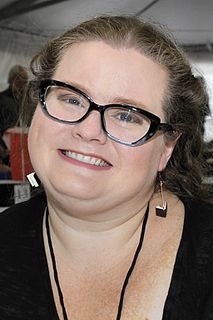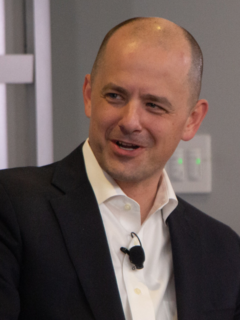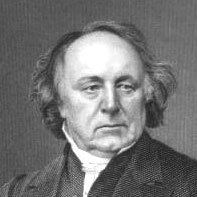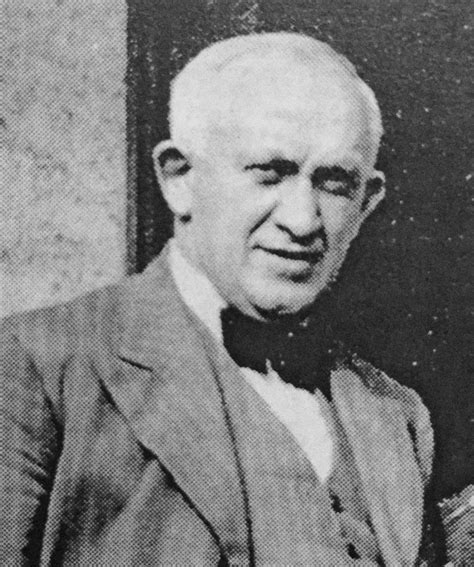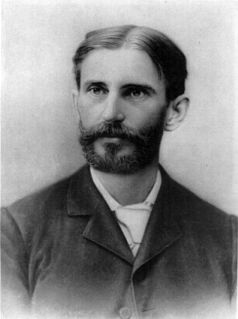A Quote by J. Oswald Sanders
To be a leader in the Church has always required strength and faith beyond the merely human.
Related Quotes
In mission, also on a continental level, it is very important to reaffirm the family, which remains the essential cell of society and the Church; young people, who are the face of the Church's future; women, who play a fundamental role in passing on the faith and who are a daily source of strength in a society that carries this faith forward and renews it.
Most of what happens in the world is far beyond a dog's comprehension, so they must turn to their faith in us to help them navigate life's treacheries. Don't we, also, have unanswerable questions about the vagaries of modern existence for which the answer is beyond human grasp, so that only our faith can guide us?
One faith, St. Paul writes (Eph. 4:5). Hold most firmly that our faith is identical with that of the ancients. Deny this, and you dissolve the unity of the Church ... We must hold this for certain, namely: that the faith of the people at the present day is one with the faith of the people in past centuries. Were this not true, then we would be in a different church than they were in and, literally, the Church would not be One.
My church, the Church of Jesus Christ of Latter-Day Saints, puts Jesus Christ at the focal point. It's the focus of everything. What I really hope is that people of faith in this country can come together in this election to ensure we elect a president who's going to do what's required to protect this basic principle of our country.
Popular piety is one of our strengths because it consists of prayers deeply rooted in people's hearts. These prayers even move the hearts of people who are somewhat cut off from the life of the Church and who have no special understanding of faith. All that is required is to 'illuminate' these actions and 'purify' this tradition so that it may become part of the life of the Church today.
During this period the Lord has allowed us to be tested beyond our strength; often 'pressed out of measure, above strength...that we should not trust in ourselves.' Our faith has grown with the work, and we have proved over and over again that all the testings have been for the purpose of strengthening it.
Judge not man by his outward manifestation of faith; for some there are who tremblingly reach out shaking hands to the guidance of faith; others who stoutly venture in the dark their human confidence, their leader, which they mistake for faith; some whose hope totters upon crutches; others who stalk into futurity upon stilts. The difference is chiefly constitutional with them.



